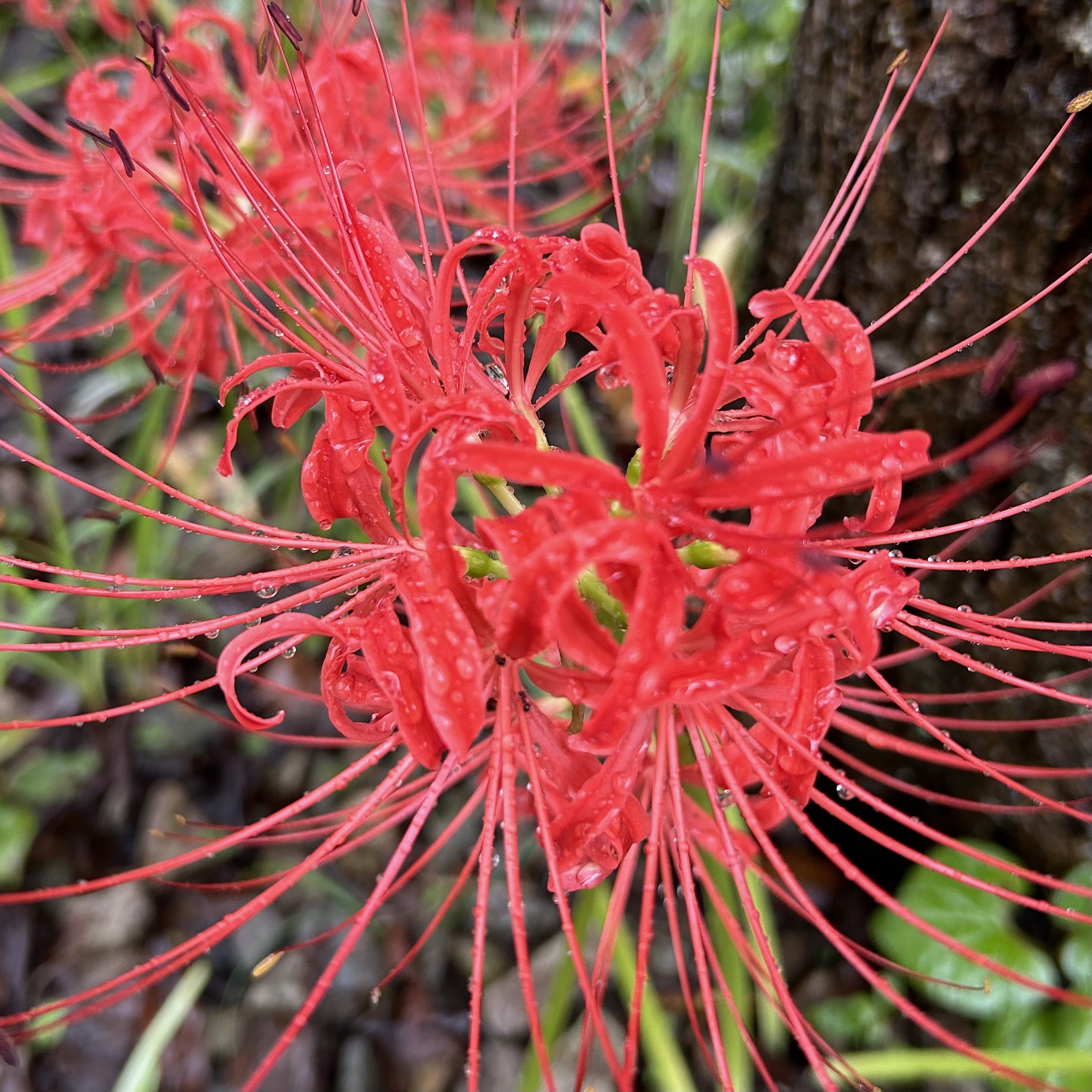Coming to Japan for the first time can appear to be a daunting task, with social media giving mixed opinions on what and what not to do, and what to bring. To make things easier, I have compiled a list from when to not travel, to what to do when you arrive in Japan.
When is it best to travel?
It is advisable to steer clear of travelling to Japan during big holidays. The less favorable times to visit are:
- Golden Week: Late April to early May. A period of consecutive national holidays, meaning highly crowded attractions and higher accommodation costs.
- Obon Week: Mid-August, this is when many Japanese travel to their hometowns, meaning crowded transportation and accommodation costs.
- New Year’s: Late December to early January. A number of businesses and attractions are closed, and limited transportation options.
- Rainy Season (Tsuyu): From June to early July. Frequent rainfall and high humidity.
- Peak Typhoon Season: August to September, typhoons can disrupt travel and bring heavy rainfall.
Pre-Trip Preparation
- Get Mobile Suica on your smartphone to make travelling via public transportation/paying in convenience stores convenient. As long as you posses a compatible smartphone, anyone can conveniently utilize Mobile Suica.
- Make sure to download offline maps, or have easy access to google maps.
- Book in tickets as far in advance as possible for popular attractions like Studio Ghibli Museum or Team Labs Planets/Borderless, as these are very popular tourist spots and tickets are booked up fast.



Before Departure
- Research transportation to and from the airport to your accommodation. (Uber, Taxi, etc.)
- Arrange for mobile data (SIM card or pocket WI-FI): I personally use http://www.mobal.com
- Notify your bank of your travel plans and consider cash withdrawal options.
- Bring Cash. A lot of small shops and restaurants may not accept cards as a form of payment. It is best to bring more cash then you think you need, to avoid withdrawal fees from ATM’s.
- Apart from your luggage, prepare a day bag to hold essentials like travel documents, meds, toiletries, phone and change of clothes.
Packing
- Travel Documents: Passport, visa, flight tickets, accommodation reservation, travel insurance, any required ID.
- Pack for the weather. Visit www.japan.travel/en/weather for further information of weather conditions
- Choose breathable fabrics for warm and humid weather.
- Hand sanitizing wipes or hand soap sheets for public washrooms that don’t have hand soap.
- Power bank for backup phone charging.
- Reusable Water Bottle: Japan has plenty of clean water fountains where you can refill. Download My Mizu, which will provide you access to free refill points,
- Pack easy-to-remove shoes due to some restaurants, shrines/temples having a shoe-off policy.
- Rain Gear: If you are visiting during rainy seasons, make sure to bring a compact umbrella or waterproof jacket.
- Pack Light. You will shop a lot while in Japan between souvenirs, clothing etc. Be prepared to have to buy additional luggage.
During Your Trip
- Aim to visit lesser-known spots to escape crowds. Some spots may be best to visit outside of peak tourism hours, for example: Fushimi Inari in Kyoto is very busy, try visiting early in the morning or at the end of the day.
- Use Klook app to search for classes, activities and other day to day things that you can experience in Japan.
- Download a translator app. If you are not experienced in speaking Japanese, I find it helps to have a translator app for the times that you may need one. There are many options available, I personally use “Translate Now, available on the App Store.
- Research proper day-to-day etiquette. Avoid loud conversations, phone calls or listening to music loudly on trains. Be mindful to those around you.
- Plan train travel to avoid peak hours. Peak times include 7am-10am, and 4:30pm-8pm on weekdays. This applies differently to the Shinkansen, or Limited Express Trains where you need to book seats.
- Offer seats to those in need.
- Be prepared to carry your own trash throughout your time in Japan. You’ll often find limited public trash bins, especially in public spaces and streets.
- If you have tattoos, check onsen policies if you are planning to visit one. Check tattoo-friendly options for onsen and public baths using the website of the ryokan you have booked at.
Check out our Travel Guides to help you plan your trips and activities within Japan.





